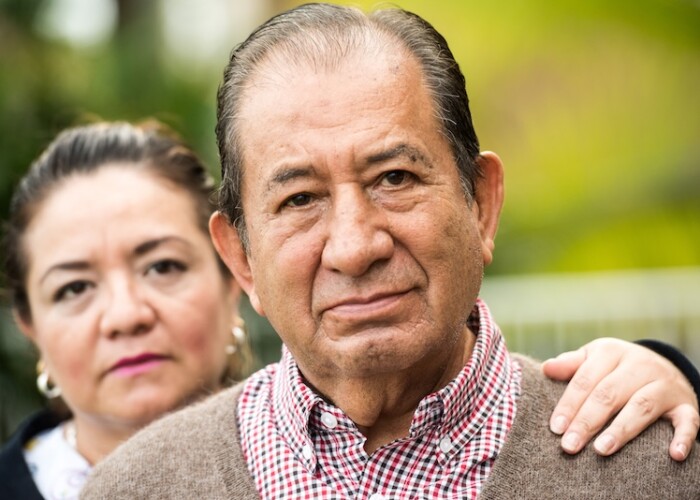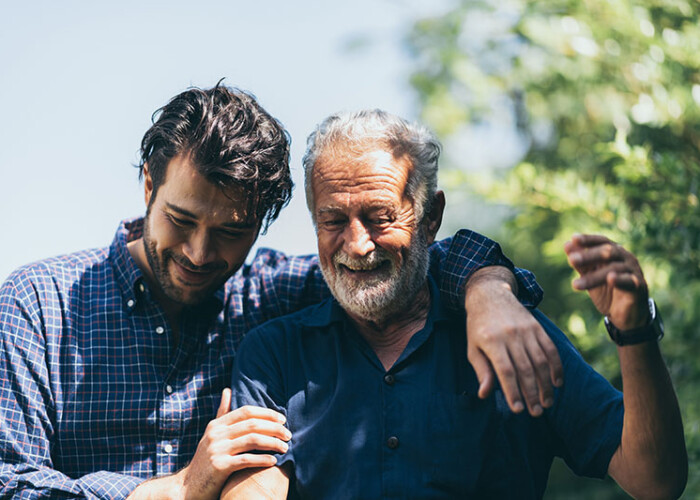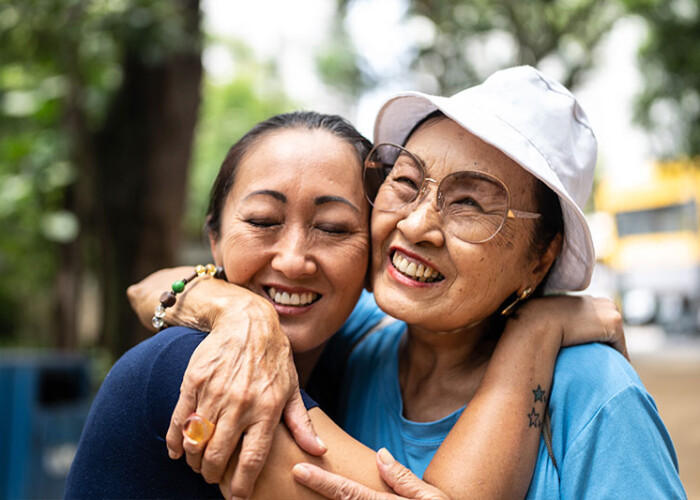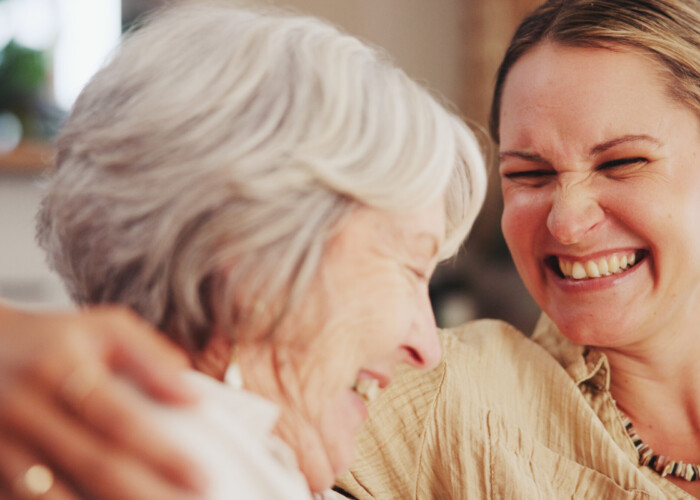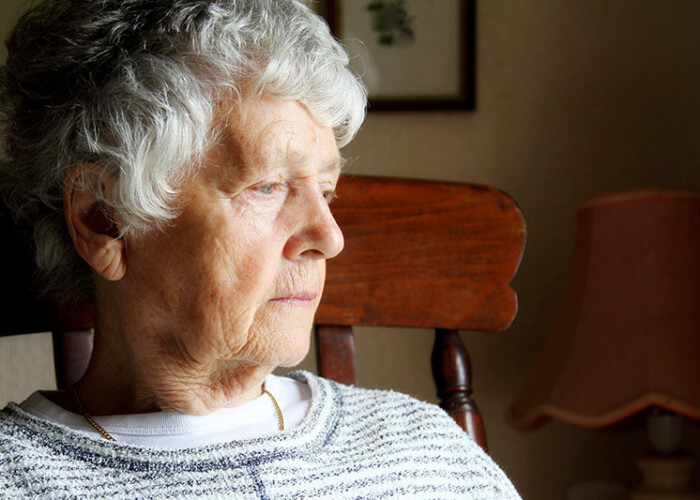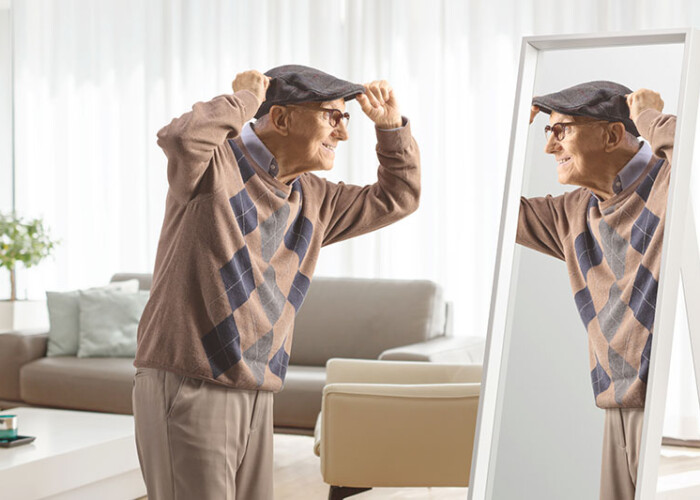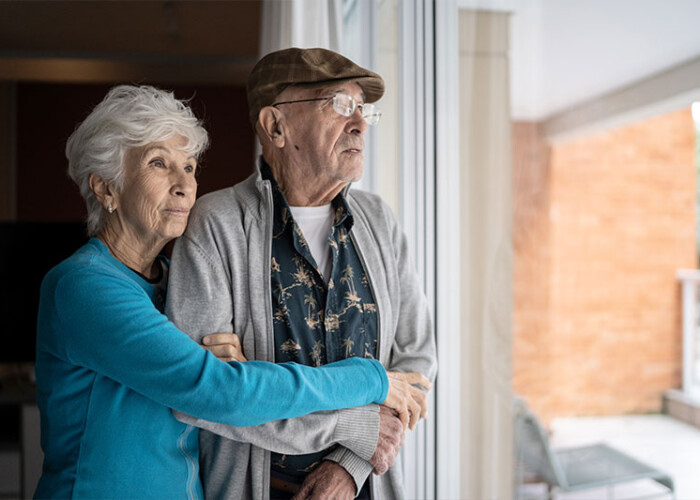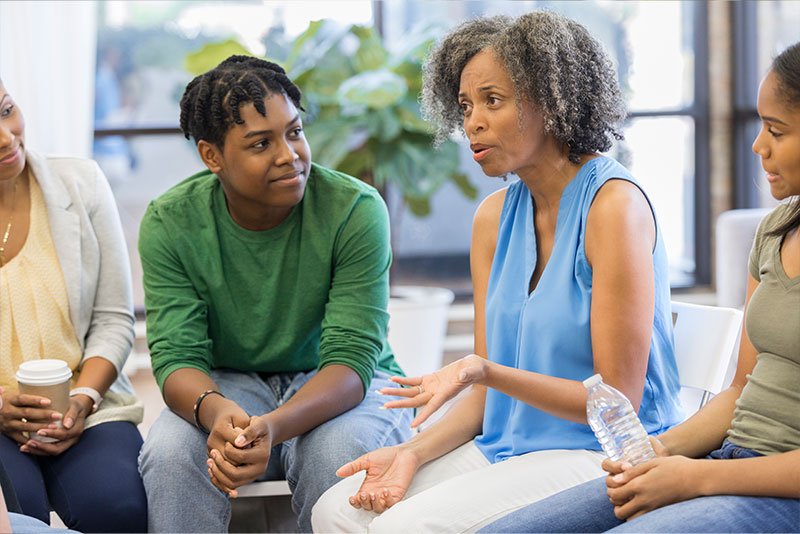Senior Mental Health
Conditions That Mimic Dementia and Why You Need to Watch For Them
Understanding conditions that mimic dementia can help you find answers and treatments you might not otherwise consider.
When someone you love begins showing symptoms like confusion, memory loss, or difficulty with everyday tasks, it’s natural to fear the worst. Dementia is often the first explanation that comes to mind. But what you might not realize is that there are conditions that mimic dementia, conditions that look almost identical at first glance but may actually be treatable. That means the changes you’re seeing may not be permanent, and the future may be far more hopeful than you think.
Life Lessons Learned by Having a Parent With Parkinson’s
Having a parent with Parkinson’s means learning to adapt and grow in ways you may have never expected.
Having a parent with Parkinson’s disease changes life in ways you never quite expect. The diagnosis changes routines, relationships, and even the way you think about time. At first, it may feel overwhelming. There are so many questions and fears about what the future will look like. Yet, alongside those challenges come unexpected lessons. People who have been there often find themselves developing greater strength, resilience, and compassion than they ever thought possible.
Here’s What You Should Never Say to Someone With Dementia
Learn what you should never say to someone with dementia, and what to say instead.
Have you ever said something you wish you hadn’t said? Maybe your intention was to compliment a friend on her new haircut, but you came across sounding like you were criticizing her previous hairstyle. Choosing our words carefully is always important, but even more so when speaking with someone with dementia. The words we say and the way we say them can significantly impact the person’s emotional well-being and quality of life. And it’s just as important to know what you should never say to someone with dementia.
This Tactic to Improve Emotional Health in Seniors May Surprise You!
Try this one effective strategy to boost emotional health in seniors and see the difference it can make!
When caring for an older adult, it’s natural to focus on physical health: blood pressure, medications, diet, and mobility. But what about the unseen risks? Emotional health in seniors plays just as critical a role in overall well-being. Loneliness, stress, and depression can all silently chip away at health, making recovery slower and daily life more difficult.
Is It Anxiety, Depression, or PTSD in a Senior Loved One? Here’s How to Tell.
It’s important to recognize the signs of PTSD in a senior loved one and know where to turn for help.
A sudden crack of fireworks booms overhead, and the person next to you stiffens. A song drifts through the room, and you notice a shift in their expression. For someone who has lived through trauma, everyday sights, sounds, and smells can be powerful reminders of painful experiences. What might appear to be nerves, stress, or even age-related changes can actually be something much more complex: PTSD in a senior loved one.
Noticing Shifts in Senior Sleep Patterns? Here’s What’s Normal – and What’s Not.
Senior sleep patterns normally shift in aging, but there are some exceptions you’ll need to be aware of.
Ever wonder why Dad falls asleep in the recliner before dinner, then wakes up at 3 a.m. ready to reorganize the garage? Or why Mom suddenly insists on a 7 p.m. bedtime but still wakes up groggy?
The Unexpected Challenges of Supporting an Older Adult Through Grief
Loss is never easy, but it tends to feel even heavier with age. After a lifetime of building meaningful relationships, each goodbye can feel like a piece of the heart breaking away. If you’re supporting an older adult through grief, you may feel unsure of what to say or do, but your presence and empathy can make all the difference.
Why Boredom in Dementia Is a Bigger Deal Than You Think and How to Beat It
Boredom in dementia can lead to agitation and anxiety, but the right activities spark joy and connection.
Some pairings just make sense: mac and cheese, peanut butter and jelly, cozy socks and chilly mornings. But boredom in dementia? That’s a combination no one wants. The effects can go far beyond a quiet moment of restlessness. Studies show that a lack of meaningful stimulation can lead to increased hallucinations, agitation, wandering, anxiety, depression, and even delirium. And it’s not just the person with dementia who suffers; boredom can also affect you as the caregiver, increasing the risk of burnout, sadness, and emotional fatigue.
The good news? Boredom isn’t inevitable. It’s preventable. And often, it takes just a few creative adjustments to turn a long, difficult day into one filled with connection and calm.
The Root of Restlessness
When someone … Read More »
The Best Adaptive Clothing for Seniors and How It Supports Independence
Choosing the best adaptive clothing for seniors helps preserve comfort, confidence, and independence.
You might not think twice about what it takes to get yourself dressed each morning, but if you’re helping someone with arthritis, limited mobility, or other health challenges, you know it’s often not that simple. The best adaptive clothing for seniors is imperative to make life easier and restore a sense of independence, dignity, and control.
When Love Feels Heavy: How to Cope With Spousal Caregiver Resentment
Spousal caregiver resentment can leave you riddled with guilt, but you can overcome it with the right support.
You meant every word of those vows: through sickness and health, for better or worse. But no one warned you how exhausting it might feel to live those promises day in and day out as a caregiver. If you’re feeling overwhelmed, frustrated, or even resentful while caring for your spouse, take a deep breath: you’re not failing, you’re just human.


